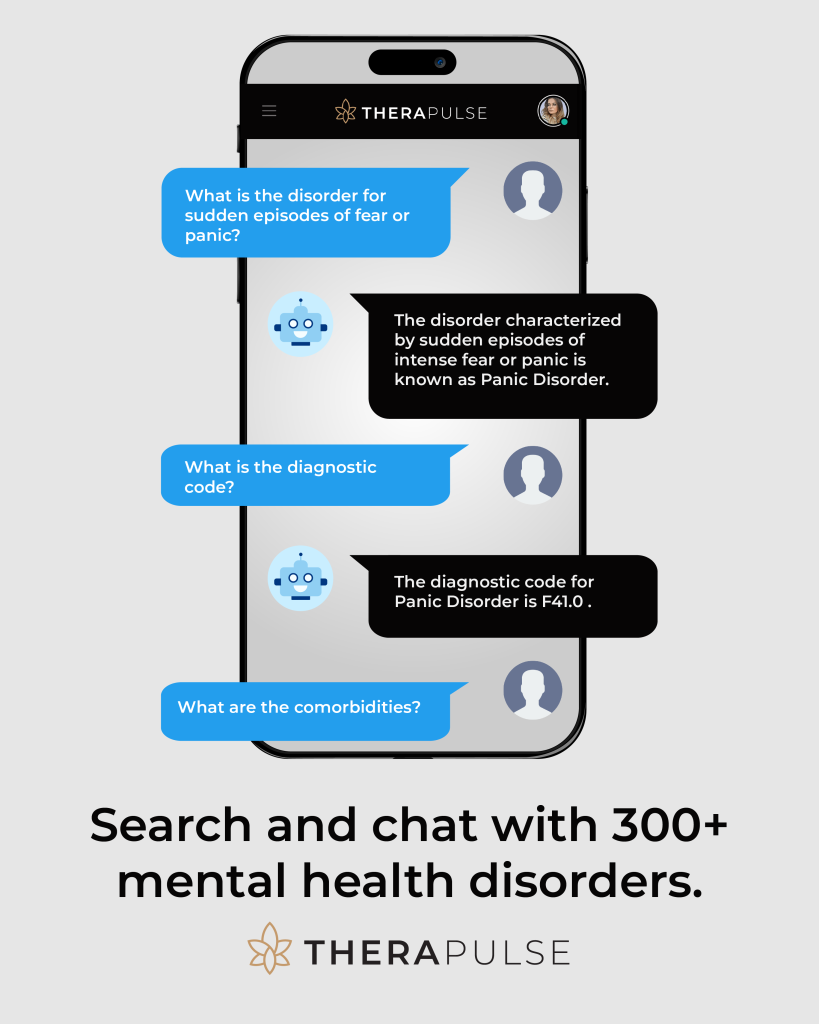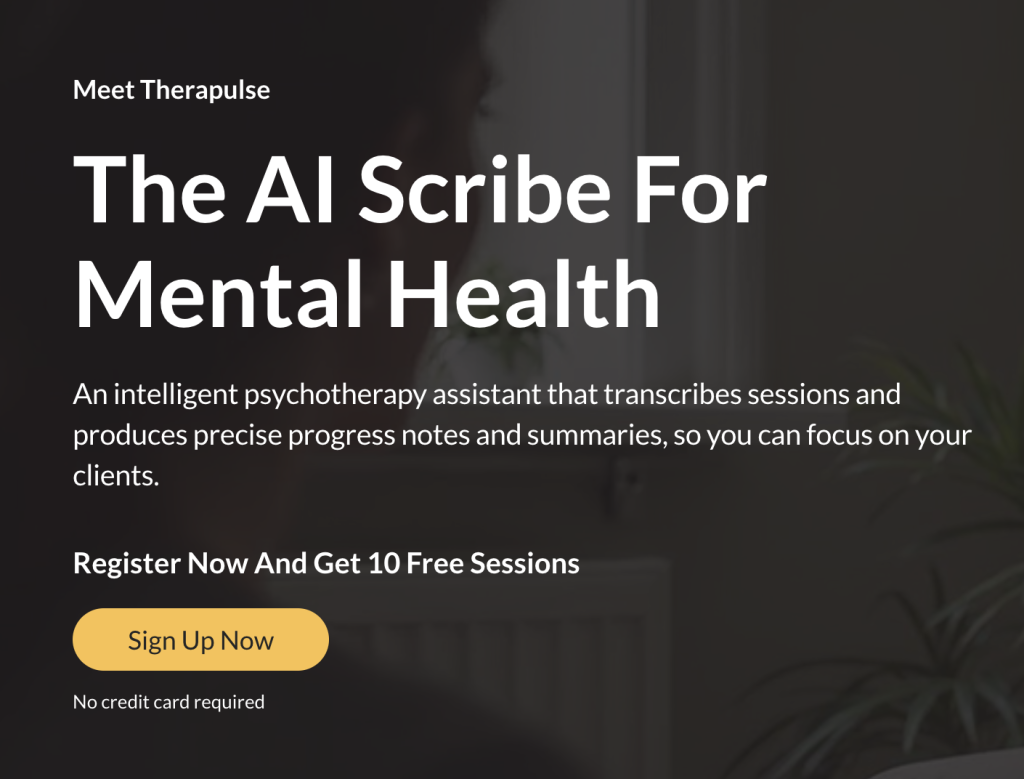As a mental health professional, I prided myself on my ability to help others navigate their darkest moments. My days were a blur of back-to-back sessions, late-night note-taking, and constant concern for my clients’ well-being. I wore my dedication like a badge of honor, ignoring the gnawing exhaustion that crept into my bones.
One evening, after wrapping up a particularly heavy session, I sat alone in my dimly lit office. The silence was deafening. My hands trembled as I reached for a stack of unfinished paperwork. The thought of diving into another case file made my chest tighten. I hadn’t eaten a proper meal in days, and sleep had become a distant memory.
“How did I get here?” I whispered to the empty room.
The turning point came unexpectedly. A long-term client, whom I’d guided through grief and loss, looked at me with concern during a session and asked, “Are you okay? You seem… tired.”
Her words startled me. The roles had reversed. Here I was, the supposed pillar of support, and my client was offering me solace. I forced a smile and assured her everything was fine, but the facade was cracking.
That night, I couldn’t escape the reality I’d been avoiding. I was burned out—completely and utterly depleted. The passion that once fueled me had flickered out, leaving behind a hollow shell going through the motions.
Desperate for a change, I reached out to a mentor who’d been in the field for decades. She listened intently as I poured out my heart, admitting feelings I’d been too ashamed to acknowledge. To my surprise, she shared her own struggles with burnout from years past.
“It’s not a failing to feel this way,” she told me gently. “We’re human, not machines. You can’t pour from an empty cup.”
With her guidance, I embarked on a journey of self-care and rediscovery. I adjusted my workload, setting boundaries that once seemed impossible. I began attending therapy myself, confronting the deep-seated fears that had kept me trapped in overdrive. Slowly but surely, I reconnected with the person I was outside of my profession—a lover of art, nature walks, and cozy evenings with a good book.
Returning to my practice with renewed vigor, I noticed a profound shift not only in myself but also in my therapeutic relationships. By honoring my own needs, I became a better clinician—more present, empathetic, and effective.
If you’re reading this and feeling the weight of the world pressed upon your shoulders, know that you’re not alone. Burnout doesn’t discriminate, and admitting we’re struggling doesn’t make us weak—it makes us honest.
Let’s start a conversation about therapist wellness. Because taking care of ourselves isn’t just beneficial; it’s essential for the invaluable work we do.




